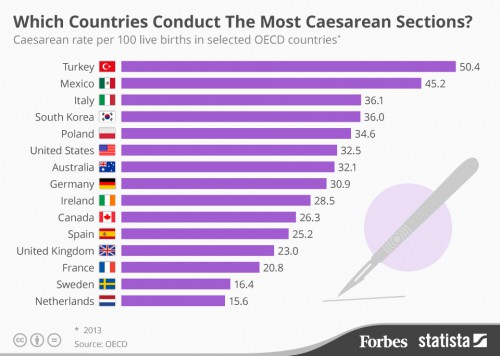The good news: it’s the last Horrible Thursday of the semester!
The bad news: it’s particularly horrible. On top of the usual day-long load, add 5 hours of phone interview work.
The worse news: looking ahead to next semester, it seems I’ll get another Horrible Thursday, with a Horrible Tuesday, too.
So that you share my mood, here is the 2016 Hater’s Guide to the Williams-Sonoma Catalog.



